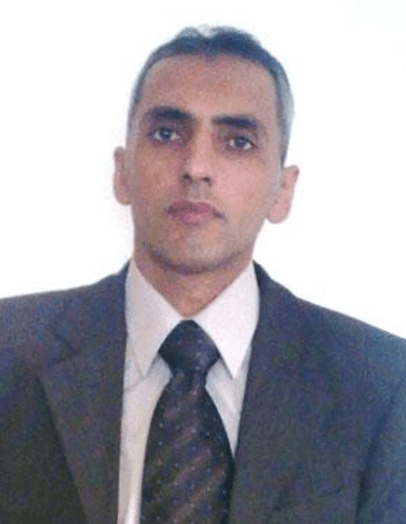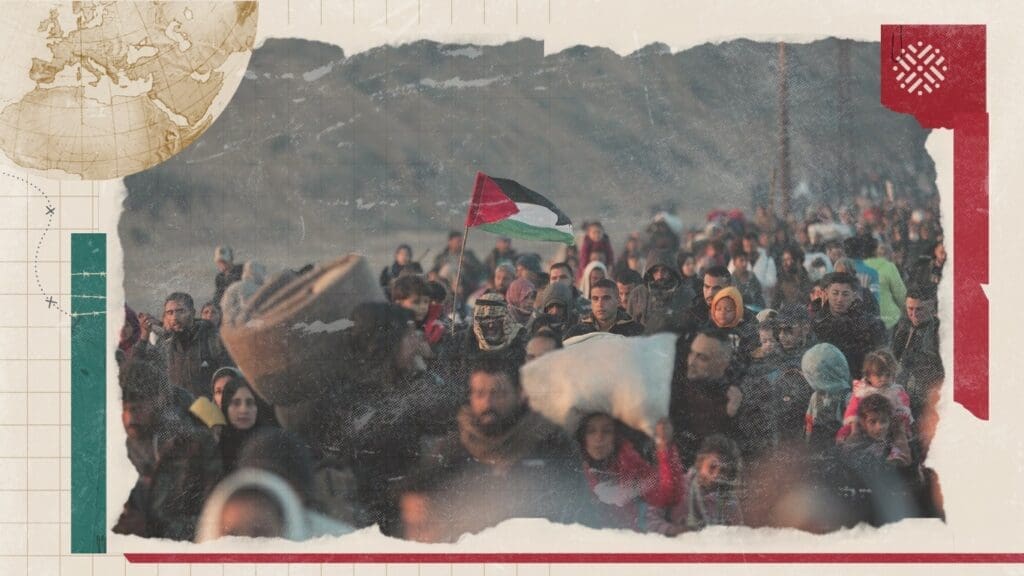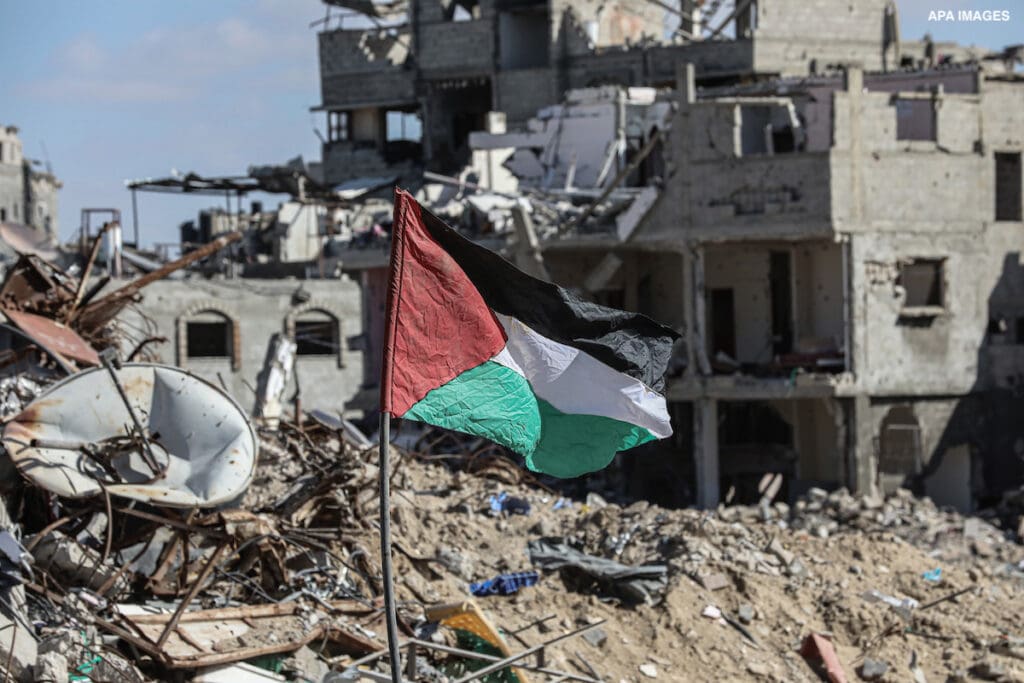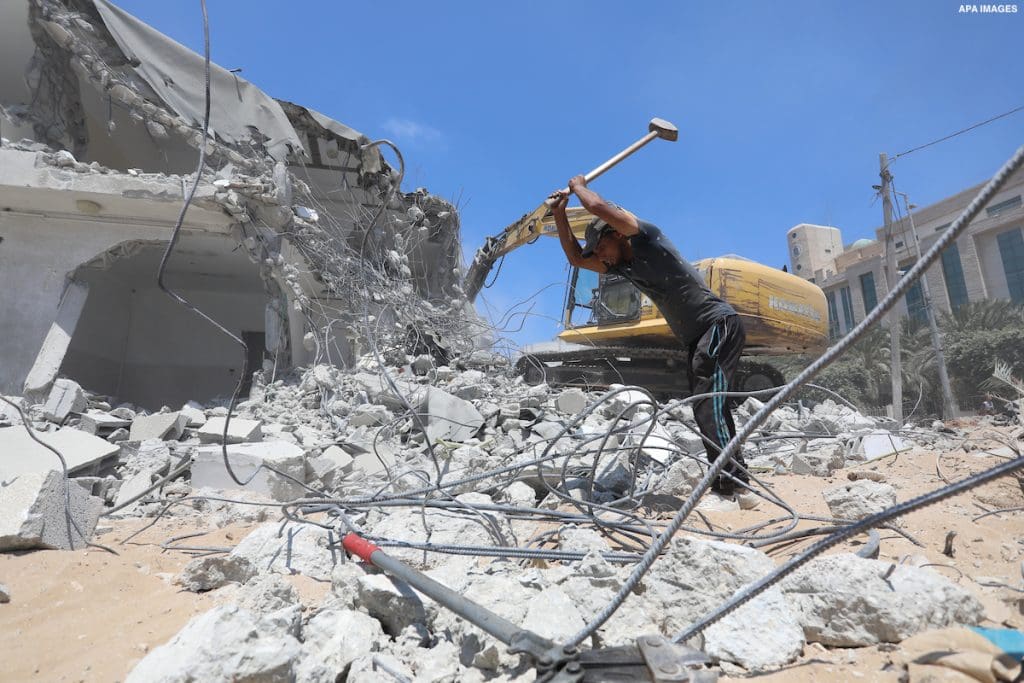Talal Ahmad Abu Rokbeh, is a Palestinian residing in Gaza. He is a political researcher and holds a doctorate in political science from the University of Carthage in Tunis. He works as a political analyst and editor-in-chief of the magazine Tasamoh, and he is a member of the Arab Network for Tolerance. He has conducted several research projects, as well as political and legal studies. He is a trainer specialized in Palestinian political affairs, and has written many books on the Palestinian political system. He participated in many regional and local conferences on various political and human rights issues. He is a political analyst for several local and Arab satellite channels, a writer for media and research sites, and a trainer specialized in issues of democracy, human rights, and critical thinking skills for Palestinian civil society institutions. He is also a community activist, advocating for youth issues.
From this author
After more than a year and a half of Israel’s genocidal assault—marked by mass killings, devastation, and profound loss—even speaking of Gaza’s future, let alone its reconstruction, feels impossible. Indeed, the rebuilding of Gaza feels increasingly out of reach amid stalled negotiations, the collapse of the ceasefire agreement, and the relentless bombardment of people and place. Yet in the face of genocide and the looming threat of forced displacement, which the US administration is audaciously promoting as a fait accompli, there is an urgent need to cultivate a critical Palestinian political voice to reclaim Gaza’s future.
As non-Palestinian actors push to impose their vision of the “day after,” this commentary by Talal Abu Rokbeh, Mohammed Al-Hafi, and Alaa Tartir argues for centering a Palestinian vision rooted in unity and self-determination. They emphasize that political reconstruction, not just physical rebuilding, is essential for collective survival and national liberation.
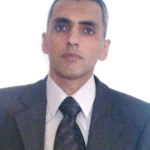


On January 15, 2025, Qatar announced a ceasefire agreement between the Israeli regime and Hamas. The long-awaited deal, mediated by Qatar, Egypt, and the United States, promised an end to 15 months of genocidal assault on Gaza, during which Israeli forces killed at least 64,260 Palestinians and reduced much of the strip to rubble.
While the implementation of the ceasefire offers critical relief for Palestinians in Gaza who have been enduring and resisting genocide, skepticism remains over the feasibility of its full implementation. In this roundtable, Al Shabaka analysts Shatha Abdulsamad, Basil Farraj, Talal Abu Rokbeh, and Diana Buttu weigh in on the different aspects of the ceasefire deal and what they mean in the broader context of Israeli settler colonial occupation of Palestine.

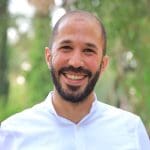


+
Following the Israeli attack on Gaza in 2014, the Palestinian and Israeli governments, and with international sponsorship, formed a temporary arrangement through which large quantities of “dual-use” items were allowed to enter Gaza for the purpose of reconstruction. This mechanism is known as the Gaza Reconstruction Mechanism (GRM), and is considered by many Palestinians to be corrupt and unjust, as it legitimizes the Israeli blockade imposed on Gaza since 2006, and effectively impedes the reconstruction process. The GRM gives Israel the right to completely control what is allowed to enter Gaza, including necessary materials for reconstruction.

Talal Ahmad Abu Rokbeh· Aug 10, 2021






